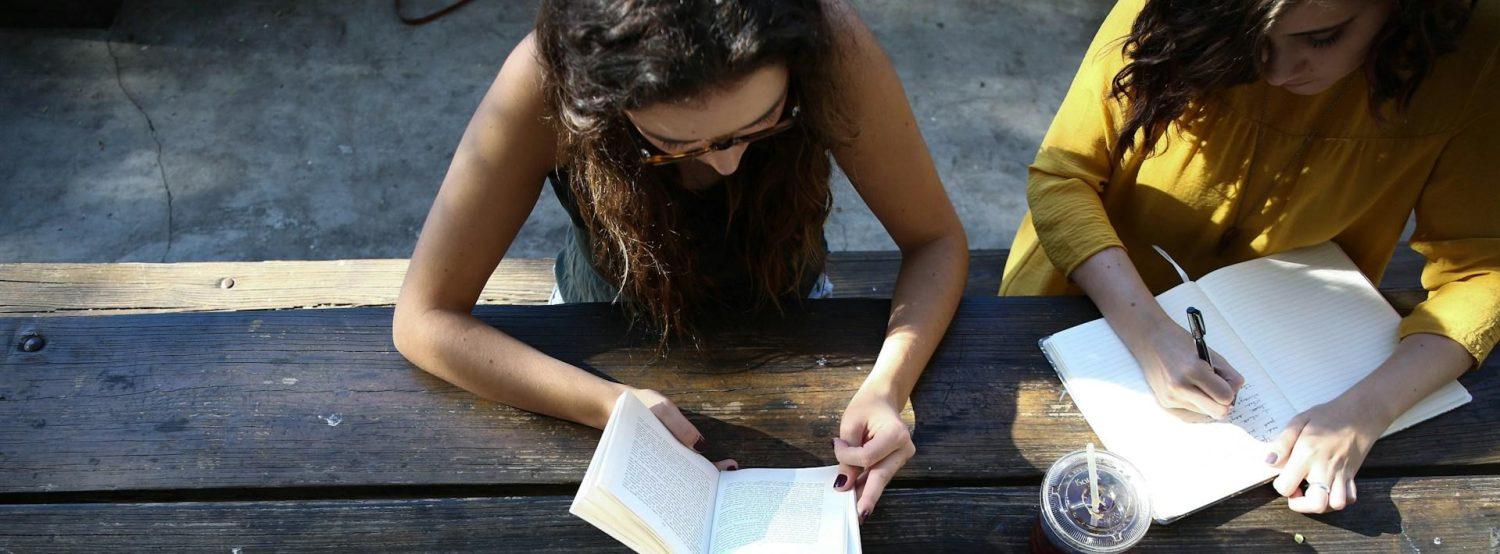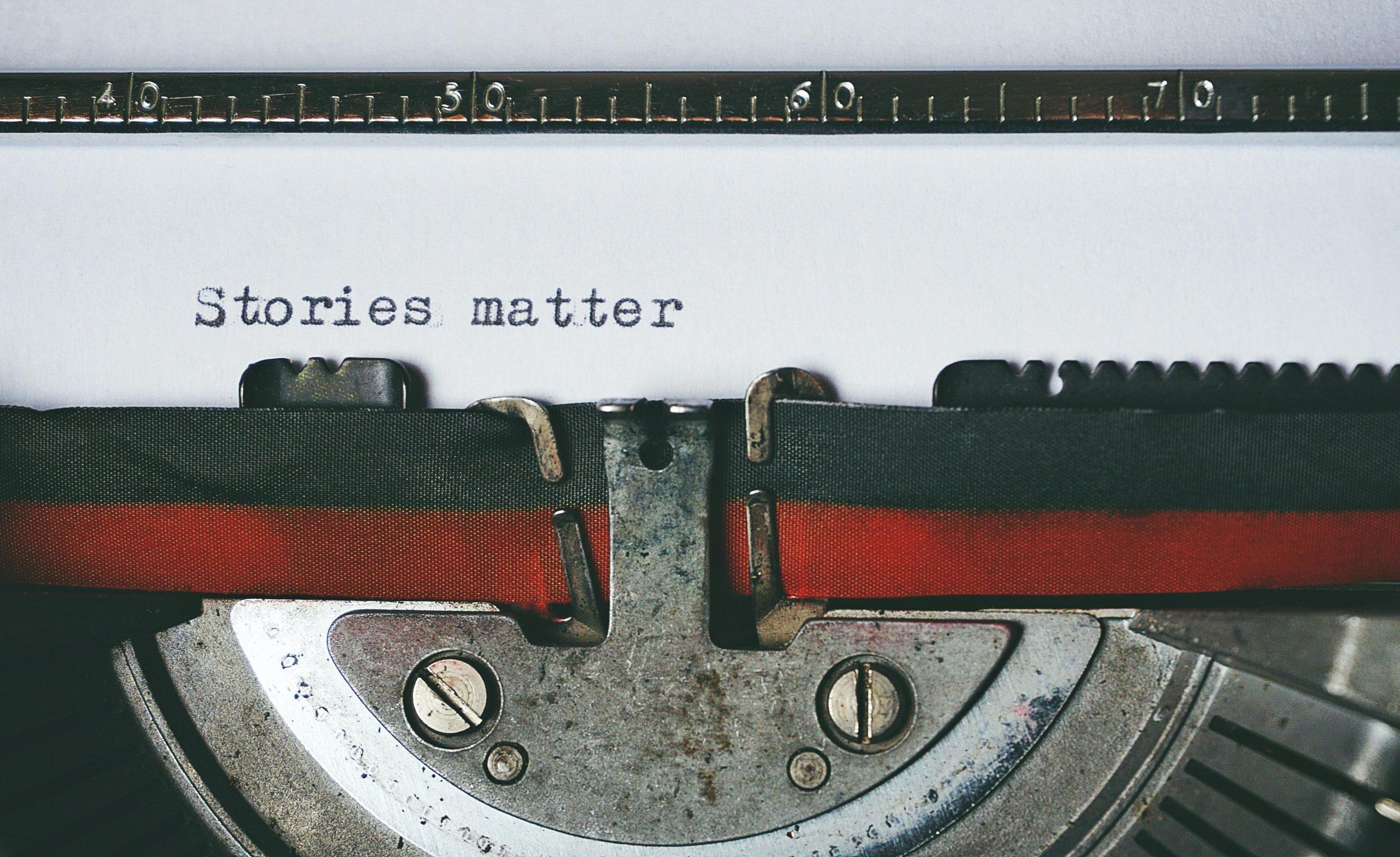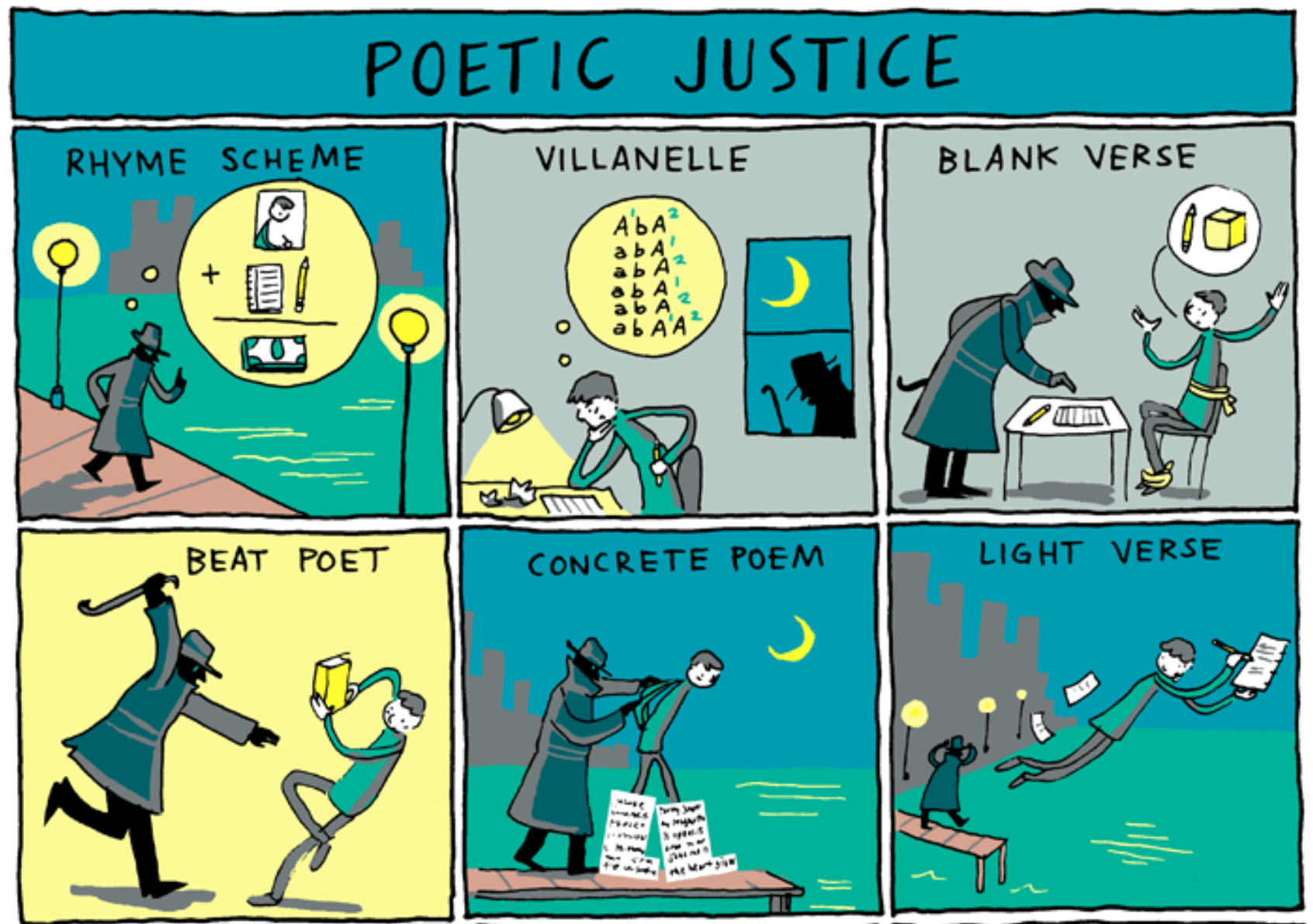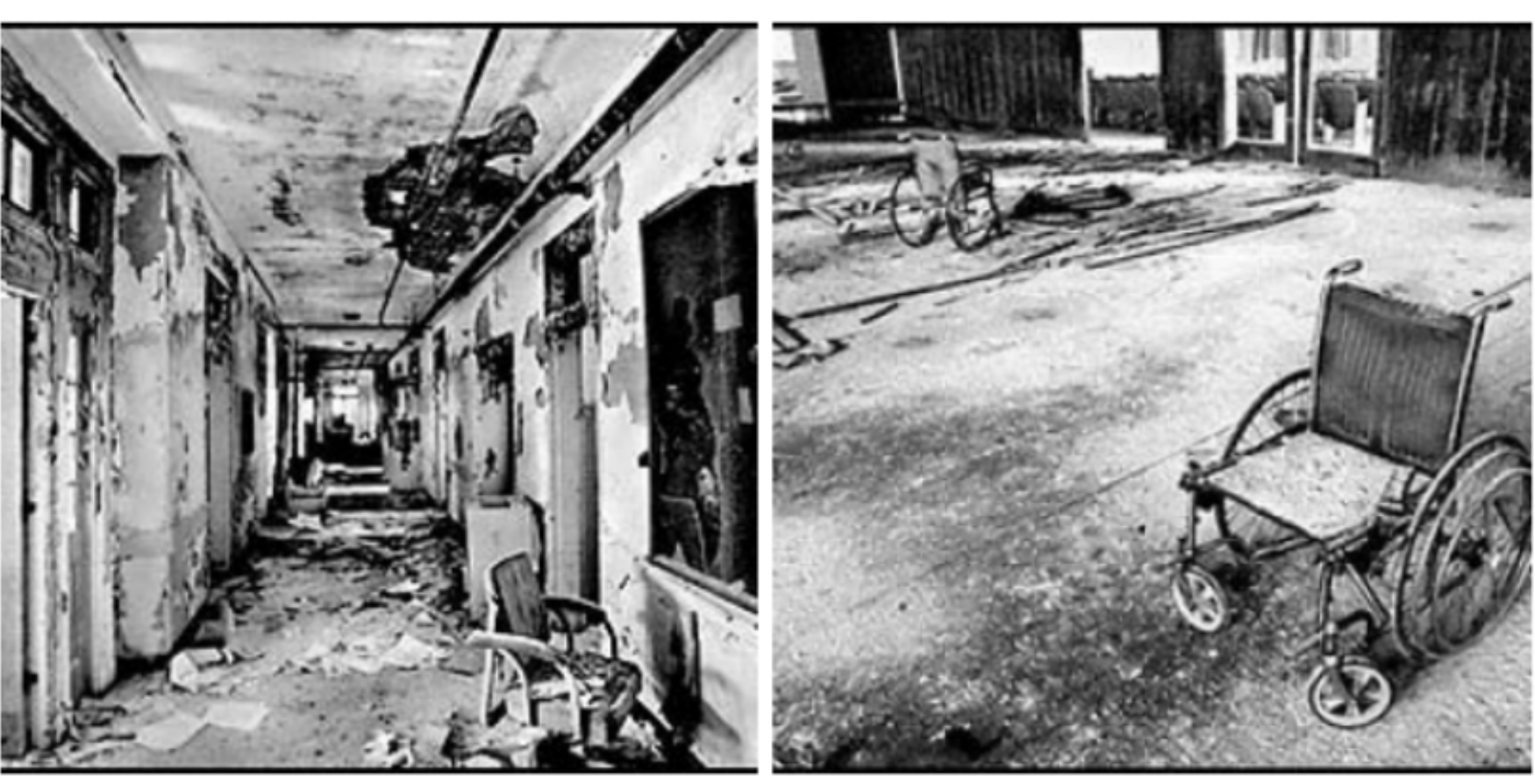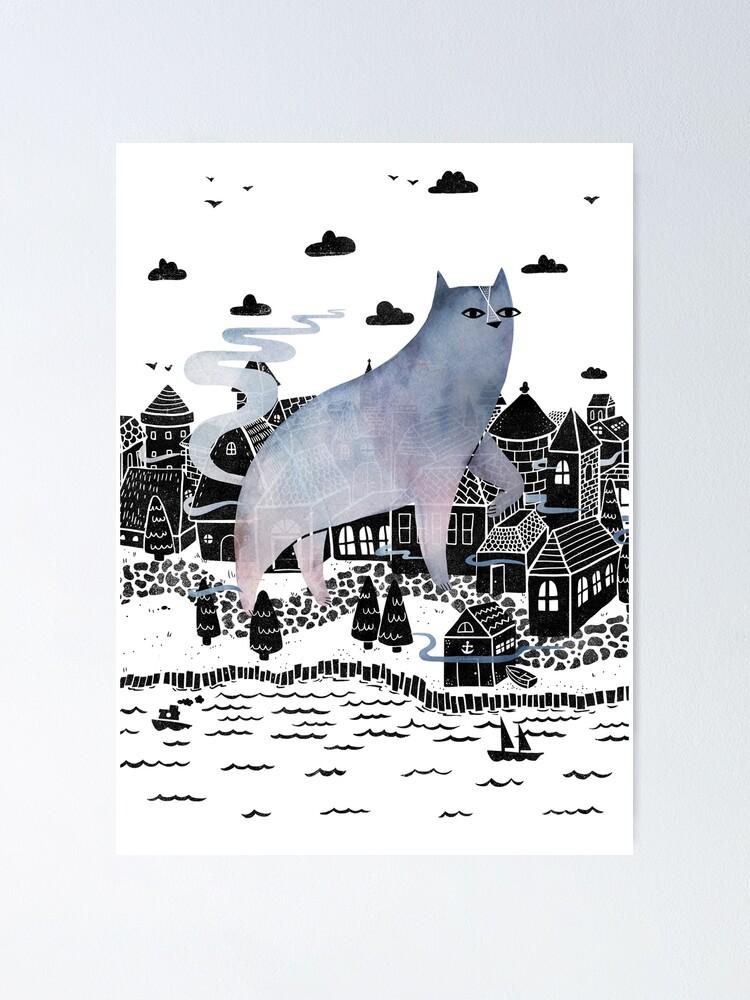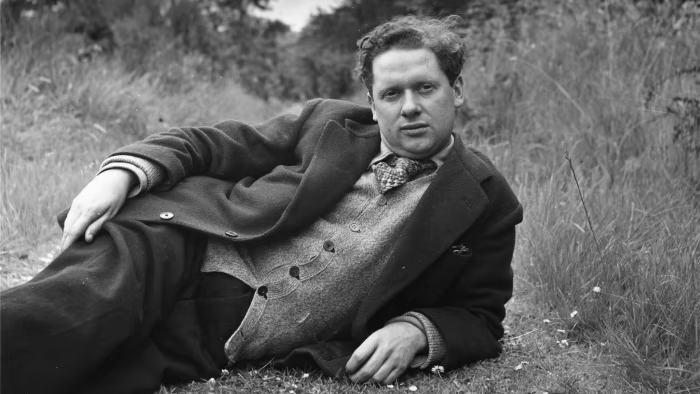Artist Barbara Astman on story telling.
Listen to this photo-based artist talk about story telling. So many lessons here. Barbara Astman is an artistic achievement winner…
Writers: describe an alligator
They are sinister, implacable things, knobbed and armored like dragons out of nightmares
Understanding Poetry
In honour of National Poetry Month, have a look at these two wonderful pieces on poetry from artist Grant Snider,…
Writing: Elroy lives here
This resonant narrative is from a newspaper series on the treatment of the mentally disabled. It garnered a Pulitzer Prize…
The Definition of Fleeting
By Carl Sandburg The fog comes on little cat feet. It sits looking over harbor and city on silent haunches…
Five thoughts on writing
Words pool Like a tag cloud Stringing, singing Tempting me to Choose. #
Worth Remembering
This is making the rounds (again). How the writing life is changing.
Writers: Dylan Thomas Notebook found
A lost notebook containing drafts of some of Dylan Thomas’s most challenging poems is heading to Wales after Swansea university…

